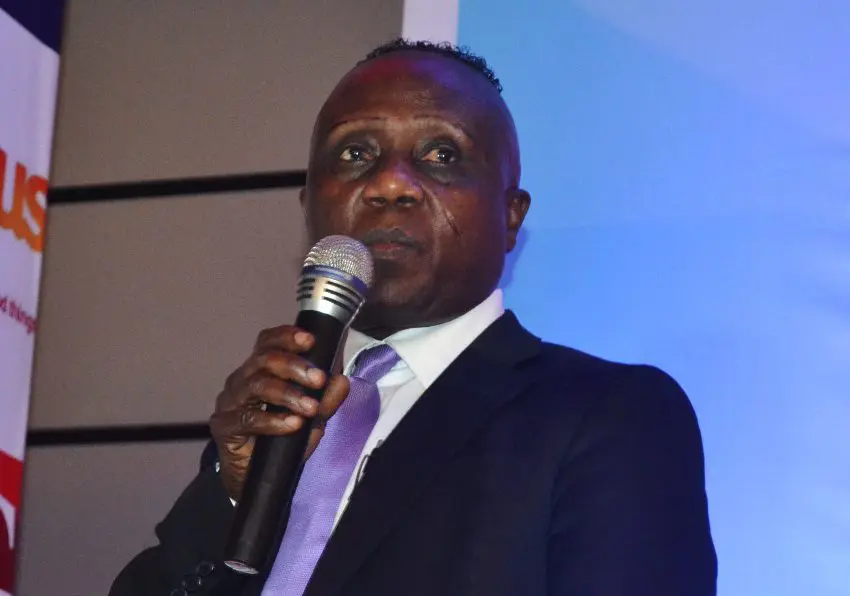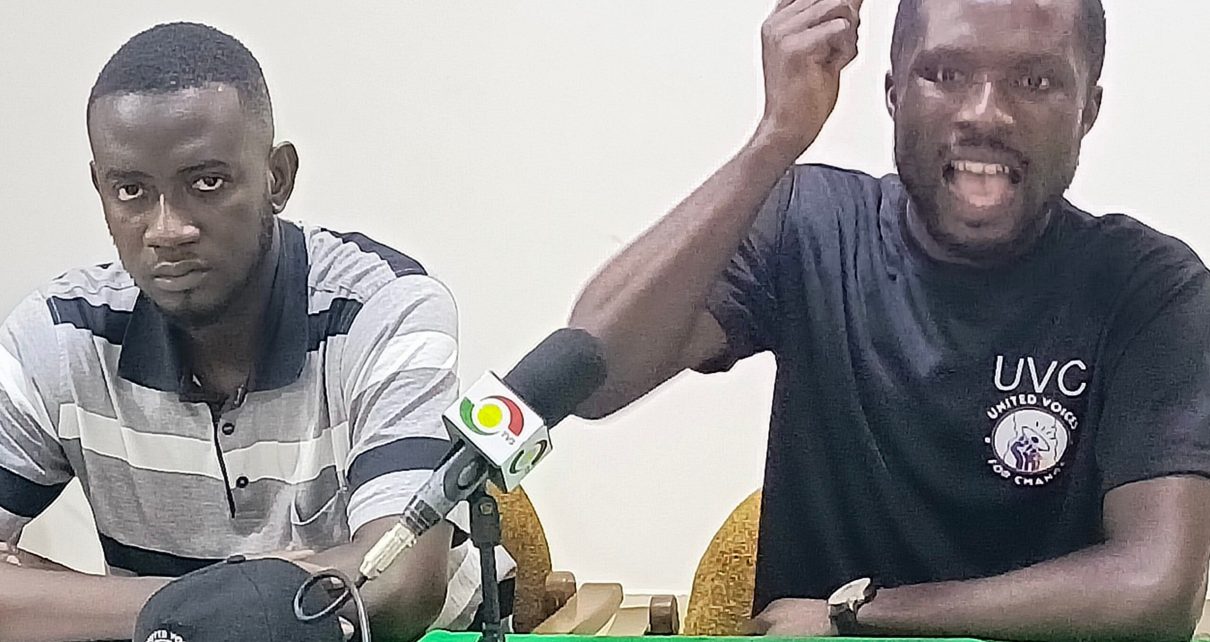“Let Muslim Sacrifice Reflect in Your Leadership” – Apostle Dr. Amagashi Tells Ghanaian Leaders


As Muslims across the world prepare to celebrate Eid al-Adha, Apostle Dr. Samuel Amagashi, Chief Executive Officer of Dr. Amagashi Herbal and Spiritual Center, has issued a passionate call to Ghanaian leaders, urging them to let the spirit of sacrifice embedded in the Islamic festival reflect in their leadership.
In a media engagement ahead of the Eid festivities, Apostle Dr. Amagashi emphasized that the core lesson of Eid al-Adha—selfless sacrifice—should not be confined to the performance of religious rites, but should instead be embraced as a moral compass for leadership, both in politics and in the church.
“Eid al-Adha is more than just a religious ceremony; it is a reminder of obedience, selflessness, and putting others above oneself,” he stated. “If our leaders—both political and religious—can embody this spirit, Ghana will experience a new era of integrity, accountability, and service.”
The Apostle expressed strong disappointment over what he described as an alarming rise in corruption, particularly among political office holders. He condemned the hoarding of public resources by some politicians, while large sections of the population continue to endure poverty and hardship.
“It is heartbreaking to see the state of our nation. How can politicians steal money meant for roads, hospitals, and schools and hide it in their homes while the poor are crying for food, medicine, and basic services? Leadership is not about greed; it is about sacrifice. Our Muslim brothers and sisters are teaching us this through their devotion and giving spirit during Eid—why can’t our leaders learn from them?” he questioned.
Dr. Amagashi also turned his attention to the Christian clergy, chastising some church leaders for prioritizing personal wealth over the wellbeing of their congregants. According to him, many pastors have lost their way, focusing more on material gains than on spiritual leadership and social responsibility.
“Today, we have pastors who are more concerned about private jets, luxury cars, and mansions, while their church members go to bed hungry. That is not the example Christ gave us. Just as our Muslim friends make sacrifices during this holy season, our Christian leaders must also reflect and return to a life of service and humility,” he added.
He further appealed to Muslim leaders to play an active role in guiding the youth during the celebrations. Apostle Amagashi cautioned against the tendency of some young people to engage in hooliganism and disruptive behavior during Eid festivities.
“I also want to appeal to Muslim leaders to talk to the youth. Let them know that Eid is a time for peace, reflection, and celebration—not chaos or violence. We must all uphold the values of discipline and respect during this holy period,” he noted.
Apostle Dr. Amagashi’s remarks have been widely interpreted as a wake-up call to Ghanaian leaders to revisit the values that underpin true leadership—sacrifice, honesty, compassion, and accountability. As Muslims commemorate the story of Prophet Ibrahim’s willingness to sacrifice his son in obedience to God, the Apostle believes this powerful symbol should inspire all leaders, regardless of faith, to put the needs of the people first.
Eid al-Adha, also known as the Festival of Sacrifice, is one of the most important religious holidays in Islam. It honors the willingness of Prophet Ibrahim (Abraham) to sacrifice his son as an act of obedience to God. The celebration is marked by prayers, the slaughtering of animals, sharing of food, and acts of charity, especially toward the needy.
Apostle Dr. Amagashi’s call is seen as timely, coming at a moment when the nation is grappling with economic challenges, growing inequality, and a crisis of trust in public institutions. His message is a reminder that the principles of sacrifice and service are not just religious ideals, but essential ingredients for effective leadership and national transformation.





